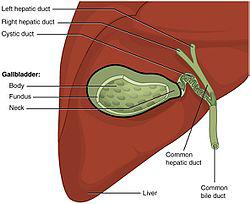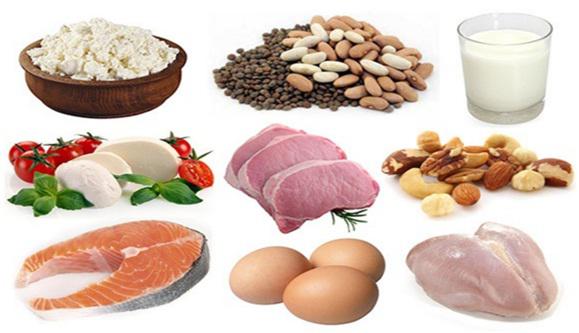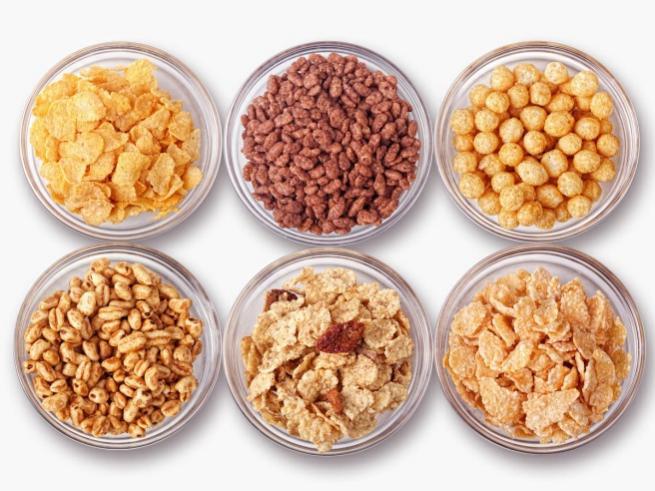Located in the upper right part of the abdomen, the gallbladder helps you digest fat by releasing fat-digesting bile into your small intestine. The process takes place through bile ducts that can get clogged due to gallstones. Any blockage in the gallbladder may lead to severe pain, especially after eating a fatty meal. Sometimes, it is necessary to remove the gallbladder entirely to prevent pain and discomfort. It makes many people ask if you can live without a gallbladder. Let's find out more about it.

Can You Live Without a Gallbladder?
Statistics show that more than 750,000 people have their gallbladder removed every year in the United States. Interestingly, you do not really notice any change in your health after having your gallbladder removed. Some people may have to deal with some discomfort though. The reason is that in the absence of a gallbladder, there will be nothing to store bile. Your body needs bile to digest fatty foods. The gallbladder can store up to a cup of bile and holds it when you are sleeping or do not really need it to digest food.
When you have your gallbladder removed, there may still be enough bile in the body but not enough in the small intestine. Therefore, you may find it a bit difficult to digest your food. It may certainly cause some discomfort, but you can still live without a gallbladder.
Changes in the Digestive System
You doctor would recommend a low-fat diet after the procedure. You should stick with it for a few weeks and slowly introduce different foods into your diet. After this initial break, you can return to your normal eating habits. Statistics show that as many as 90% of people can return to their normal eating habits after the procedure. It means that some people may notice a change in their digestion after having their gallbladder removed. They may experience indigestion or stomachache after eating fatty foods. It is possible to deal with this issue by adjusting your diet a little.
What Can You Do to Avoid Discomfort?
It is important to have a closer look at your diet after having your gallbladder removed. You need to tweak your diet a little immediately after the procedure. Remember, it is better to take some time to return to your normal eating habits so that you give your body enough time to learn to function without a gallbladder.
1. Return to Your Old Diet Gradually
Do not start eating fatty foods and other hard-to-digest foods soon after the procedure. It is better to enjoy clear liquids, gelatin, and broths for a few days after your surgery. Take your time to introduce solid foods into your diet.
2. Opt for Low-Fat Options

Your gallbladder helps you digest fatty foods, so it is important to stay away from those foods for a while until your body recovers from the surgery. Stay away from all types of high-fat foods, fried foods, gas-causing foods, and foods with strong odors. Your fat calories should be no more than 30% of your total caloric intake. It means that if you are consuming 1,800 calories a day, you should take no more than 60g of fat a day. Moreover, you should consider going for smaller portions and eat more often to prevent any indigestion.
3. Watch Out for Certain Foods
Can you live without a gallbladder? You certainly can, but you may have to deal with some discomfort if you continue eating certain foods. For instance, you should avoid high-fat meats, such as sausage, bologna, and ground beef. It is equally important to avoid high-fat dairy, such as ice cream, cheese, and whole milk. You should also limit your intake of French fries, meat gravies, creamy soups, butter, and pizza. Avoid oils, such as palm oil and coconut oil. Eliminating these foods from your diet – at least for a short time – would help prevent pain, diarrhea, and bloating.
4. Be Careful with High Fiber Foods

Your body will require some time to adjust to the removal of your gallbladder, and you have to limit your intake of high-fiber foods during this time. If you reintroduce high-fiber foods immediately after your procedure, you will have to deal with gas and abdominal pain. You should eat small amounts of foods, like seeds, legumes, nuts, whole-grain bread, cabbage, cauliflower, and cereal. Eat smaller portions and do not go heavy on high-fiber foods to prevent cramping, diarrhea, and bloating.
5. Keep an Eye on What You Eat
You should keep track of what you eat and notice how you feel after eating certain foods. The best thing is to keep a journal for a few weeks to see how your body reacts to certain foods. You can eliminate certain foods or limit their intake to prevent discomfort. However, you should talk to your doctor if you continue experiencing abdominal pain after 4 weeks. Seek medical attention if you have severe vomiting or nausea, jaundice, or inability to pass gas for more than 3 days after surgery. Talk to your doctor if you do not have a bowel movement for 3 days after surgery.
